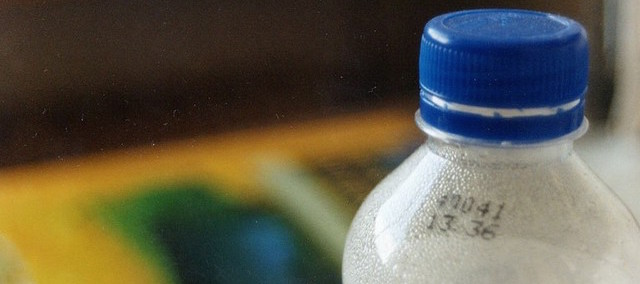
The Problems We’re Not Solving by Banning Bottled Water
A four-part Ecofiscal blog series on Medium by Jessie Sitnick and Dale Beugin
On college campuses, in corporate boardrooms, and city halls people are asking “how do we solve a problem like bottled water?” But what if we’re all asking the wrong first question? Not, how do we solve the problem, but rather, what is it? Defining the problem is where all good policies start.
This new blog series (our first on Medium!) seeks to unravel the web of issues that underlie “Ban the Bottle” movements and policies, namely: waste reduction, water security, and the conservation of freshwater ecosystems. All valid and urgent issues; all in need of policy solutions; and (spoiler) none of which are best solved — or solved period — by banning bottled water.
We hope you’ll take a nice deep dive into the full series, but to whet your appetite (and wet your toes), here’s a little summary of what we tackle in each blog.
Part I: What We’re Debating When We’re Debating Bottled Water
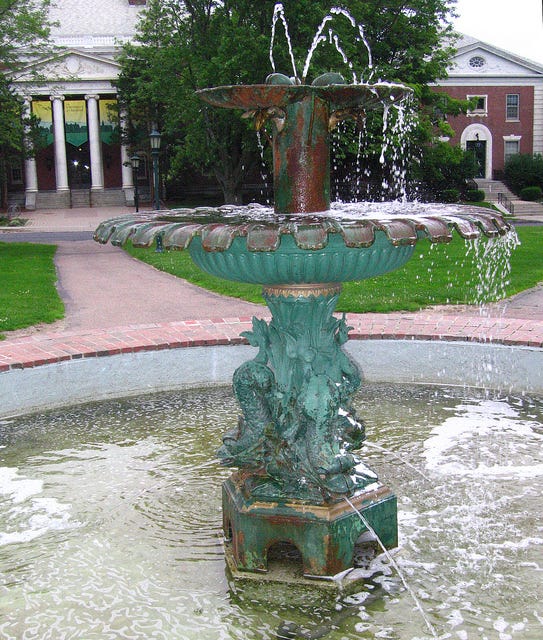
Earlier this month, the Globe and Mail printed a fascinating piece on a recent study conducted by University of Vermont (UVM) nutrition and food sciences professors Elizabeth R. Berman and Rachel K. Johnson, on the results of the campus bottle ban — the first of its kind — instituted in 2003.
Not only did the ban of bottled water at UVM not achieve the goal of reducing the amount of plastic bottles on campus (which in fact increased by 8% over the study period), it also resulted in the greater campus consumption of sugary, high-calorie drinks (by 25%!).
This unfortunate result leads us to the question: what problem was the university trying to solve by banning bottled water? The answer is more complex than it might appear.
Part II: Lesson’s from Toronto’s Ill-Fated Plastic Bag Tax
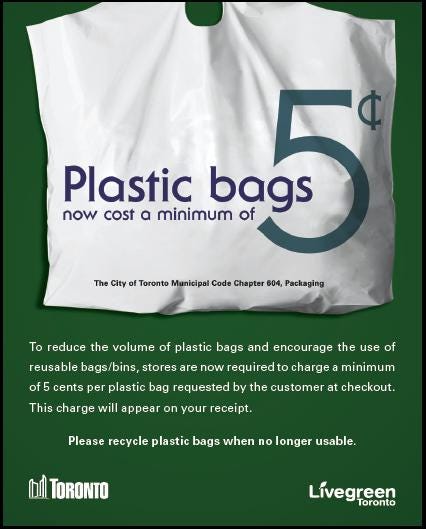 One of the most tangible goals of most bottled water bans is to reduce plastic waste. In this blog we dig into that issue and recycle a fascinating ecofiscal case-study, which sadly ended up in the municipal garbage bin: Toronto’s plastic bag fee.
One of the most tangible goals of most bottled water bans is to reduce plastic waste. In this blog we dig into that issue and recycle a fascinating ecofiscal case-study, which sadly ended up in the municipal garbage bin: Toronto’s plastic bag fee.
We learn some important lessons from the city’s stranger-than-fiction experience. And conclude that while reducing plastic waste is a laudable objective of bottled water bans (because plastic waste really is a costly), it is also a negligible one. If diverting plastic bottles from landfills was truly the point, other approaches would make much more sense.
Find out why, and what other issues lie beneath the surface of bottled water bans.
Part III: There’s No Such Thing as Free Water
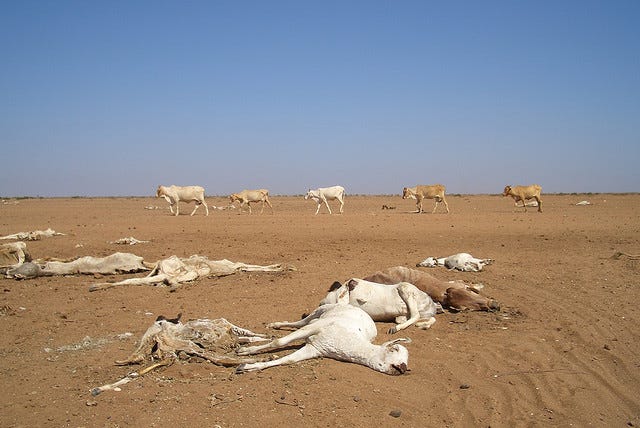
A powerful motivator behind many bottled water policies is a belief that water is free, should be free, and that selling it as a commodity is a violation of our inalienable rights to it. In this blog we take a brief look at what is arguably one of the most important issues of our time — the human right to water — and ask an essential question: whose rights are we protecting when we ban bottled water?
Our answer may surprise you. Read on to learn more.
Part IV: Why We Can’t Stop Buying Water (But Need to Buy It Smarter)

In this final segment of the series, we follow bottled water — and so many of the other things we buy — up stream, and propose an ecofiscal approach to one of the greatest challenges of the 21st century: the degradation of our freshwater ecosystems.
We’re the first to admit, such a policy would not be easy or straightforward. This is a big, hairy problem. It will require careful, customized, and nuanced solutions. But ultimately we believe that putting a price on water—one that much better approximates the cost of its use—is critical.
Does our case hold water? Read for yourself, share it with others, and add your thoughts and feedback. We welcome your input as we continue our exploration of ecofiscal fresh water policy.


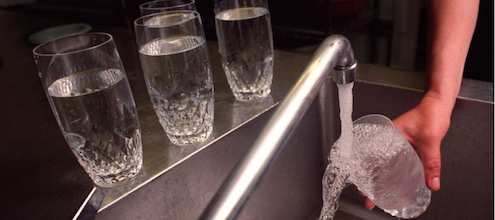
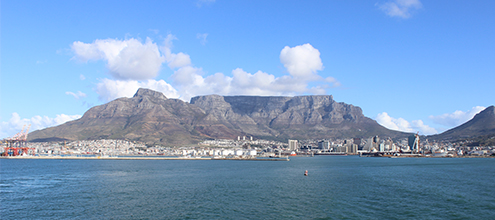
1 comment
Quite frankly, education, not regulation prompts behavior change. Bottled water is a viable option, and consumers are completely capable of making beverage choices for themselves.
-American Beverage Association
Comments are closed.